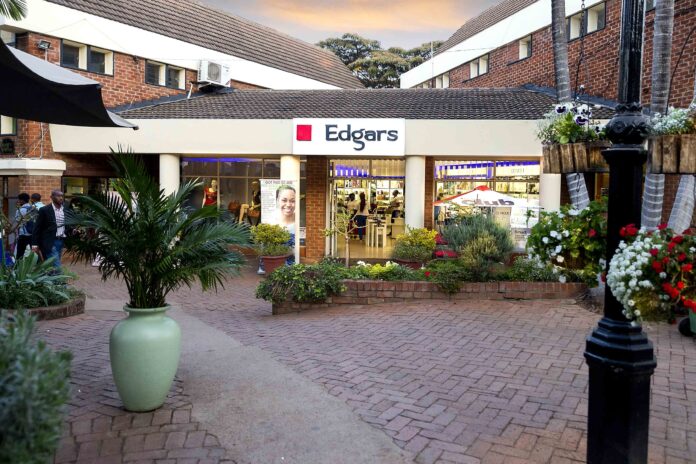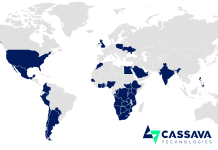HARARE – As largely expected, Edgars reported a subdued first quarter after performance was impacted on by the Covid-19 lockdown. Physical stores were closed for more than seven weeks of the 13 weeks in the quarter as the group’s retail chains were classified under non-essential services.
As a result, turnover declined 17% in hyperinflation terms after sold units declined almost 23% to 417 639 from 542 082 in the comparable year ago quarter. بي اوت مباشر
At the Edgars Chain, year to date unit sales of 132 120 units were down 36.1% compared to the same period in 2020. Credit sales declined from 67.7% to 64.7% of total sales during the quarter compared to the previous year.
Jet unit sales fell 42.2% to 188 249. Cash and credit sales contribution to total sales was consistent with prior year at 52% and 48% respectively.
However at Carousel, which was classified as an essential service, unit sales were up 298.6% to 42 757 as the division branched into the manufacture of PPEs.
Online stores were open but recorded very little business due to delivery constraints during lockdown. As was noted previously, with the slow adaption of online shopping in Zimbabwe, logistical challenges at an affordable cost will prove to be the major challenge in fulfilling orders. This has left many to question the impact on profit margins on online businesses. The complexity of picking an order across three different areas and delivering within desired customer times is a costly operation.
Access to foreign currency from sales, interbank markets and the RBZ auction continues to
improve although not enough to cover fabric and merchandise imports.
With only just six weeks of trading, inflation adjusted EBITDA was down 17% compared to last year. There was an increase in borrowings, mostly local currency denominated at 4m from 5m in December 2020. اربح المال من الألعاب 2024
Normal trading resumed on March 3, 2021 and performance is expected to improve going forward as the group gears for the winter season. “We count some positives such as the decline in borrowing costs over the last month and a good agricultural season which we hope will result in positive economic growth. The biggest constraint is low demand as a result of low disposable incomes of our customers in general.”
The receivables book declined marginally to $420m from $428m in December. Interest income grew 27% year on year in inflation adjusted terms compared to previous year
in line with the growth in debtors book. Average collections were 39.8% of the total book compared to 26.1% in December 2020 and 34.7% in September.
“The debtors’ book collections kept the company going during lockdown as most of
our credit customers paid their instalments on time.”
The group noted: “the quality of the book was maintained over this difficult period with “Current’’ account balances at 85% (December 2020: 88%).”
Expected credit losses increased to 2.2% as at end of the quarter from 1.1% of the total debtors book as at the end of December trading period.
Active accounts as expected declined to 37.6% from 41% of the total number of accounts
recorded in December. However this is expected to to improve as the group opens up more credit to customers in light of an improved operating environment. موقع رهان كرة القدم
The microfinance loan book grew 56% to ZWL$47.2m from ZWL$30.5m in December 2020. Compared to the previous year 1st quarter the loan book was up 51% in inflation-adjusted terms. Interest income increased by 55% in inflation adjusted terms (532% growth historically) from Q4 of F2020 on the basis of a bigger book and firm interest rates.
Key risks going forward would be the increase in operating and borrowing costs mainly on food and fuel. “The percentage of disposable incomes spent by Zimbabweans on food is as high as 79% of total income, which crowds out discretionary spending on other needs such as clothing.”
The group said it would continue to monitor costs, cashflows and volumes in this rapidly changing business environment.




















